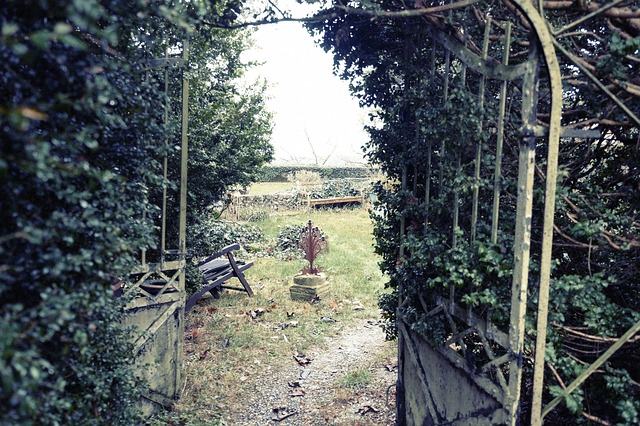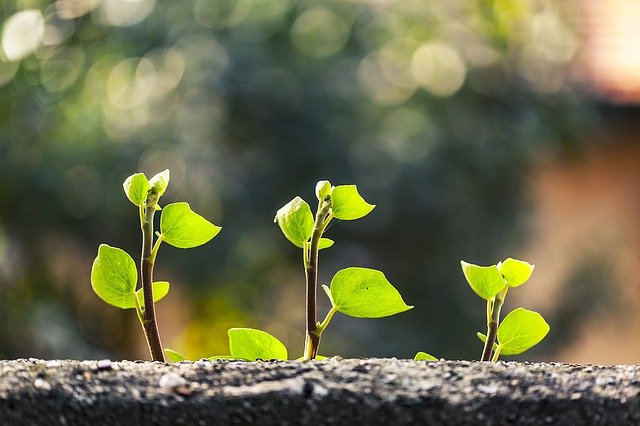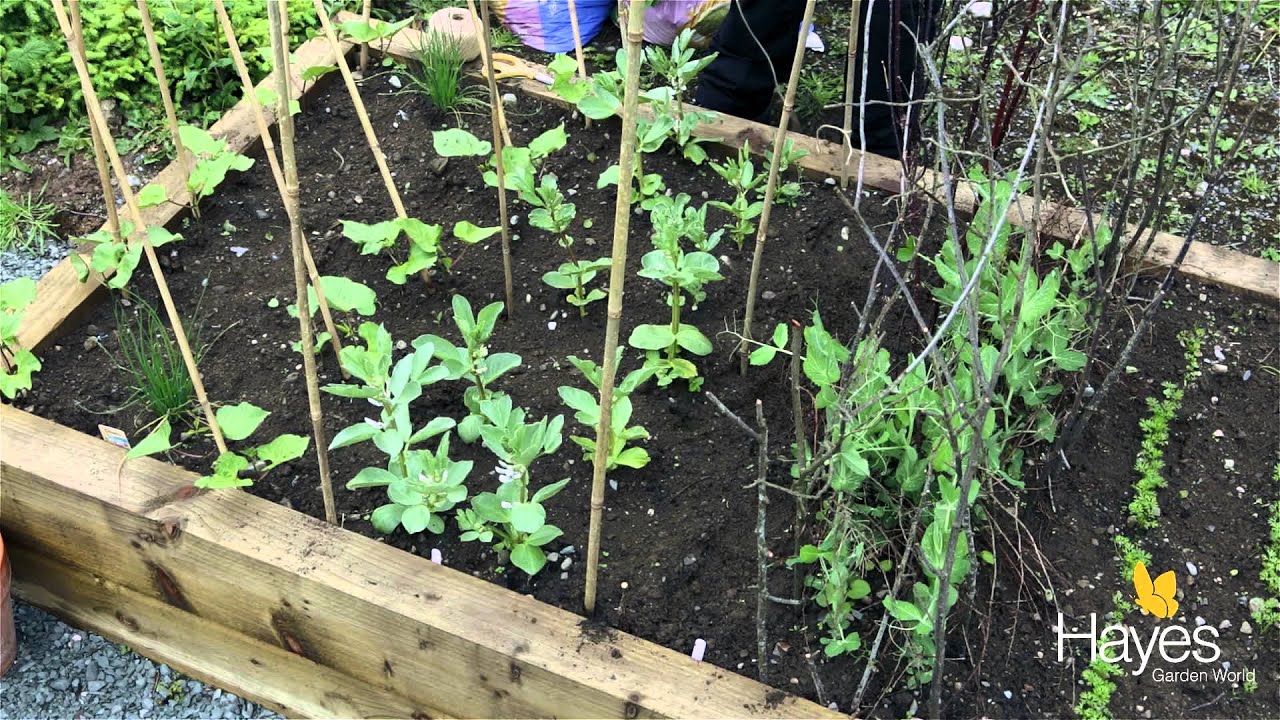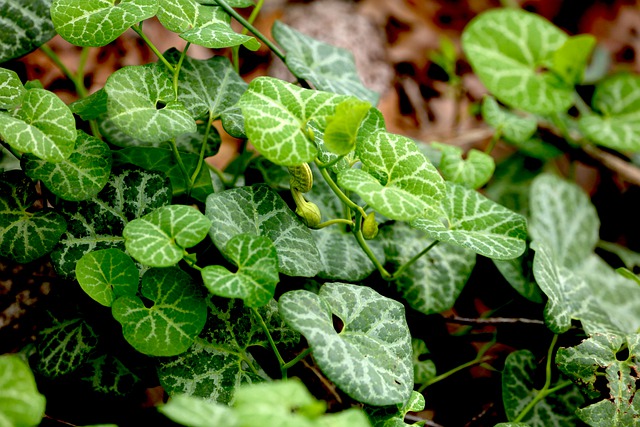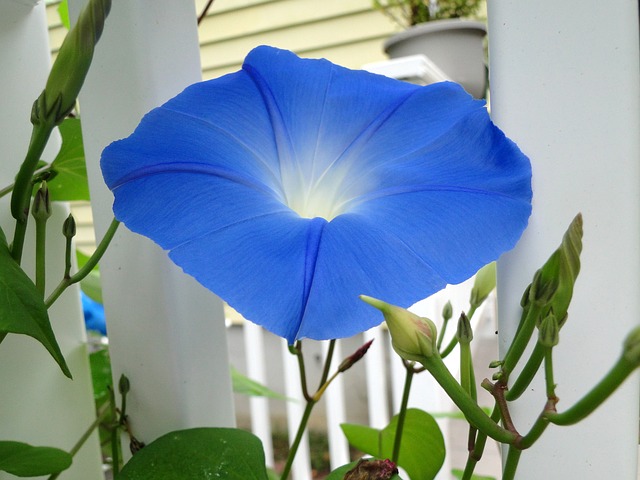
One of the trendiest backyard ideas for landscaping right now is hanging outdoor garden vines. They can provide an instant flowering focal point and create a warm, vine-like effect for any back yard. Since they can be hanged from high fences, they may also be able to look directly out onto your deck, your garden, or just on your patio. There are several kinds of flowering outdoor houseplants, including azaleas, roses, and gladiolus, that would make an interesting centerpiece for your front porch or patio, among other areas. Lines like these are easy to care for, don’t require too much maintenance, and can provide the beautiful design element of a garden in your front yard that you have been wanting.
When it comes to garden vines backyards design, there are several different species to choose from, with many requiring very little attention and upkeep. However, there are some specific kinds of flowers that should be reserved for use in hanging garden vines. The following are common but not ordinary flowers that are suitable for hanging houseplants in your backyards:
Lantana This flower offers a gorgeous display when used in hanging garden vines backyards design, though it is one that should be used with caution, as it can attract bees if planted in the wrong areas. If you want to grow this beautiful flowering plant, there are two varieties that are highly recommended for use in your home vegetable gardening ideas: the hybrid sweet banana and the variegated banana. Both are quite hardy plants that are quite tolerant of alkaline soil conditions; however, the sweet lantana has been shown to be stronger resistant to insects compared to the variegated variety.
Sweet Corn Although this beautiful flower may be used in your vegetable gardening ideas backyards designs, it should be used in a well-drained, acidic soil only. Some sweet corn will grow in softer soils than others, so it is important that you research the different types of sweet corn in order to choose the type that will best fill your garden shrubs backyards. However, if you have a medium amount of acid soil, then you may consider planting both the hybrid sweet corn and the variegated sweet corn. Both these varieties of sweet corn have a gorgeous appearance when planted in the appropriate areas of your backyard’s garden, though they are very different from each other in taste and appearance.
Ivy and Ivyberry These two wonderful house plants decorating garden vines backyards have their own unique characteristics. Ivy is a perennial vine that has a fern-like leaf that will reach a height of three feet high. It grows well in full sun but can also tolerate partial shade. Ivyberry, on the other hand, is a deciduous plant that grows in full sun. It can survive well in shaded areas, but you need to give it plenty of room in order for it to grow.
Dutchman’s Hanger and Fennel These two varieties of herb can be used for creating attractive backyards garden designs, but they do require a lot of work. The Dutchman’s hanger is a tall weed that grows up to 3 feet high and will cover most of the area between the rows of your garden vegetables. The fennel is a perennial vine that grows to a length of about 12 inches. It is commonly used as a garnish in vegetable gardening ideas and for flavoring foods.
Other types of climbing plants you can use in your vegetable garden vines are climbing roses, hollyhocks and a host of vines including clematis, crabgrass, Dutchman’s ivy, lily of the valley, mosscap, nasturtium, peony, pygmy or vinegrise. All of these varieties can be used as a decorative garden vine in your backyards or they can even be used as growing tools to help you harvest your vegetables. For example, if you want to have a hanging house plant that will grow up to six feet tall, you can start by growing crabgrass. crabgrass will grow horizontally from one plant to another in your garden. As it blooms, it will create a colorful display along your rows. It will look great all year long.
Gardening vegetables with garden vines is not only fun but it can also be a great way to save money while growing vegetables in your backyard space. Vines provide a number of other benefits aside from the ones highlighted above. When vines are planted in your backyard space, you are less likely to experience soil erosion and water damage. Since vines do not compete with weeds for nutrients, they do not pull nutrients from the ground. This means you get more out of every square foot of your backyard space.

